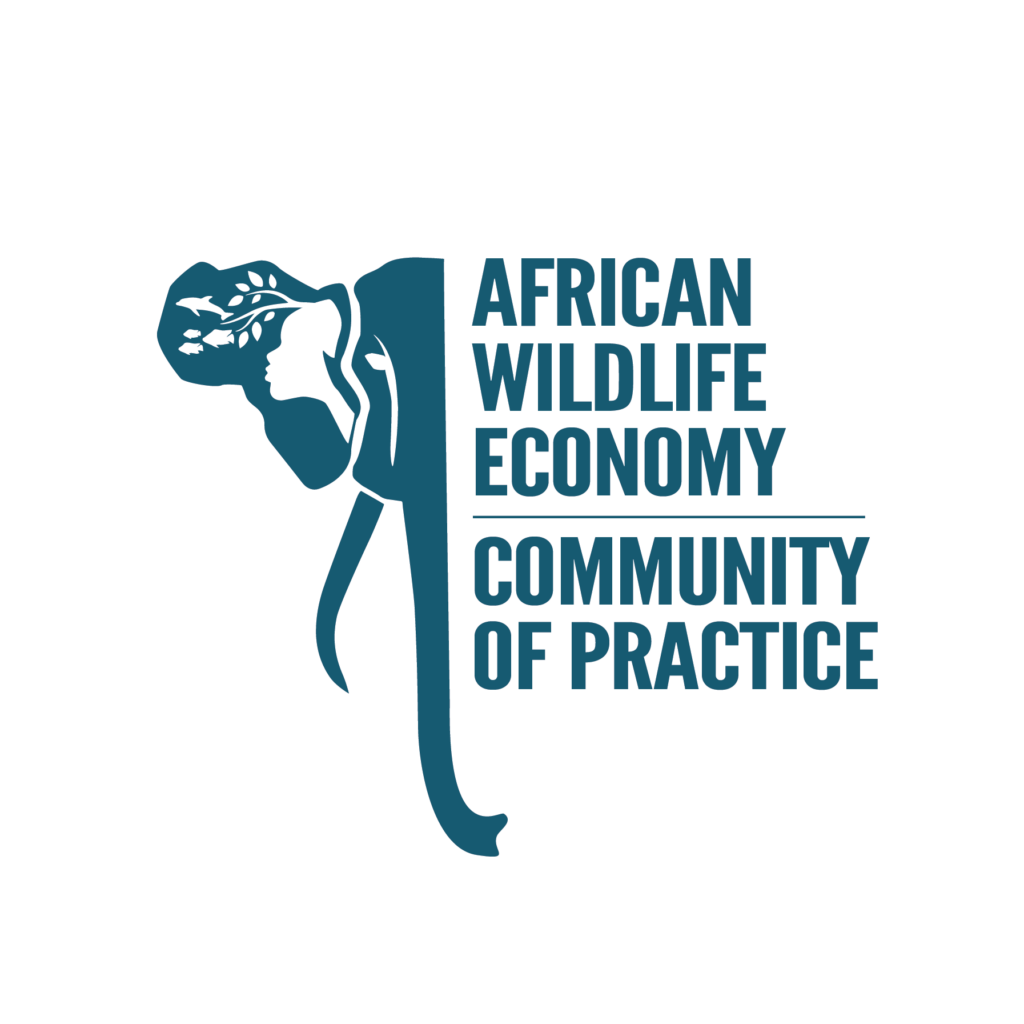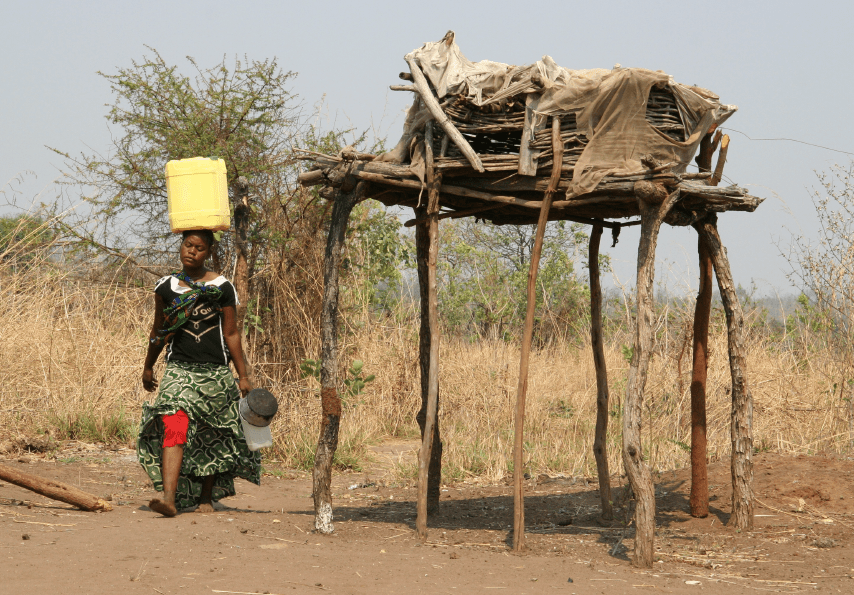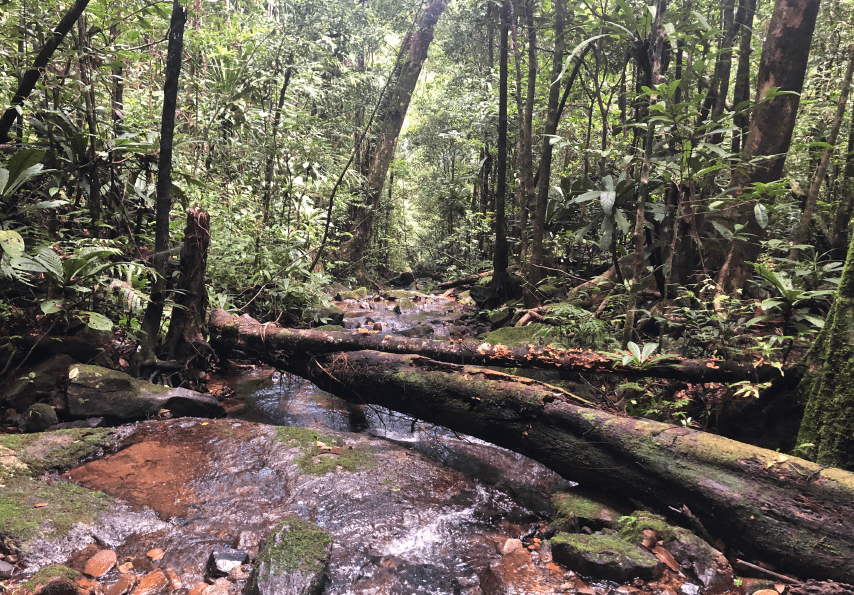

Natural resources, in particular wildlife, are traditionally seen as inputs and not as assets in a national economy. Such an approach has seen limited government resources being invested in the wildlife economy or allocated to supporting wildlife resources. Reversing this position requires an illustration to state and non-state actors using compelling evidence about the economic contribution of wildlife resources to local, national and regional economies. There is a limited understanding of this contribution.
Wildlife-based land uses such as tourism can contribute to favourable socio-economic benefits, support sustainable livelihoods, improve infrastructure development, access to protected areas, and enhance gender and youth participation in managing natural resources. This will likely help communities recognize that wildlife is valuable to their livelihoods and the broader economy. Across Africa, wildlife tourism is known to generate more income than other land uses and it generates more income than other land uses and contributes significantly to job creation and revenue generation for those engaged in the activity. The sustainability of the wildlife economy also depends on well-functioning value chains in sectors such as tourism, hunting, and game meat production; and on effective production management systems, product development, market viability, and financing.
To that end, this African Wildlife Economy Community of Practice aims to create a structure and platform that allows interested individuals to collaborate, promote best practices, and collectively build common capabilities that help advance the Wildlife Economy discourse across Africa.
Facilitating communication and sharing of information on policies, programmes and activities among members and other interested parties;
Promoting debate, increasing understanding, identifying and filling knowledge gaps on critical wildlife economy issues;
Undertaking joint initiatives and collaborative activities related to the wildlife economy;
Influencing policy and practice to unlock and grow the wildlife economy sustainably in Africa;
Facilitating the work of Parties to wildlife-related environmental conventions by providing evidence-based advice and producing joint statements and paperson issues relevant to the national, regional and international wildlife policy - related dialogue on an ad hoc basis;
Developing and submitting coordinated research findings through peer-reviewed journal publications, blogs, working papers, white papers, and policy briefs to AWE-COP members and other relevant bodies including donors, communities and governments and;
Serving as a point of references for information on the wildlife economy.



Professional development is crucial for individuals and organizations operating across the rapidly evolving wildlife conservation and sustainability sectors of Africa. It plays a vital role in helping people and organizations keep up with the evolving challenges and opportunities, and equipping professionals with the skills and knowledge needed to drive impactful change.
At the ALU School of Wildlife Conservation (SOWC), we recognize the significance of continuous learning and offer a framework for professional development that encompasses the following elements:
Member of one of the above stakeholder groups.
Members must be able and willing to commit to working constructively and cooperatively as a part of the working group, and to fulfilling their role as laid out in the COP ToR, where relevant.
Members should have demonstrable interest in one or more issues relevant to the wildlife economy in Africa.
Members must be able and willing to commit to the role and responsibilities of the AWE-COP and actively participate in the business of the AWE-COP as much as possible.
Willingness to, where relevant and applicable, collaborate with other AWE-COP members to maximise impact.

The ALU School of Wildlife Conservation is the first of its kind on the continent, dedicated to growing the next generation of world class conservation leaders in Africa.
The continent needs home grown African leaders to spearhead new and innovative approaches in the business of conservation.
Bumbogo, Kigali Innovation City, Next to Azam, Kigali, Rwanda
Phone: +250 784 650 219
sowc@alueducation.com